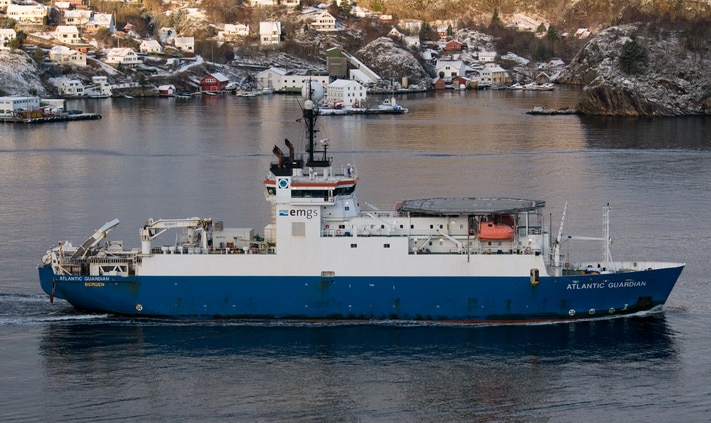Standards have been around for many years, and are steadily being adopted. In the oil industry almost all the major operators and many independents and national oil companies have at some level adopted Wellsite Information Transfer Standard Markup Language, or WITSML, the standard for transmitting technical data between organisations. WITSML allows energy companies to leverage their investment in highly instrumented fields and enables new capabilities for automation and optimisation that would otherwise be impossible or difficult to achieve. It also reduces the cost of information exchange between software applications within an operating company and between operating companies, joint ventures, partners, contractors, and regulatory authorities. In addition, there is a reduction in the cost of replacing or substituting software, which results in improved functionality.
While many understand the importance of WITSML, sometimes it is used without the knowledge of many on the rig because it is embedded in most of the widely implemented software drilling packages. There are probably many people in the field who could benefit from WITSML, but may not even know their company is using it. In a lot of ways, WITSML is transparent to the user and operates inside applications, which means it is not necessarily visible to the user. One of the things that Energistics is working on is to increase awareness of how WITSML can be utilised to bring better quality information to actual real-time business decision-making.
Statoil and Saudi Aramco are the leaders in WITSML adoption. Both companies have a deep understanding of the benefits provided by utilising WITSML and have master service agreements that stipulate that service providers must use WITSML products for any drilling services. Both companies have insisted that, company-wide, all drilling data be delivered in WITSML, which allows them to run their real-time operations centres more efficiently and to archive data without additional configuration regardless of the vendor providing the services. Using the WITSML data exchange standards makes drilling decisions more efficient and allows information from multiple sources to be received in the same structure.
Not Just ‘Nice to Have’
The perception that standards are a ‘nice to have’ instead of ‘need to have’ is changing. With the advent of highly instrumented fields and the demand for quality real-time data, both operators and vendors are recognising the need for open industry standards. Working around poor data quality can be devastating to productivity and operational efficiencies. And it adds cost to reconfigure data between vendor packages. In an industry where the volume of data is so massive, it is critical to have standards in order to make decisions based on accurate, consistent data. The use of WITSML, for example, solves incompatible data issues and eliminates the need for translating data into other formats, thereby increasing efficiencies and reducing the potential for human error.
With so many joint venture operations we are seeing increased adoption of the standard in the industry, particularly between the majors and the NOCs, and the ever-increasing need for higher productivity has led to widespread adoption of WITSML and other open industry standards. Additionally, more companies are specifying WITSML in their contract documents and in tenders, which will, in turn, encourage vendors to develop new products that are WITSML compliant.
Energistics is a not-for-profit global consortium that facilitates the development, management and adoption of data exchange standards for the upstream oil and gas





